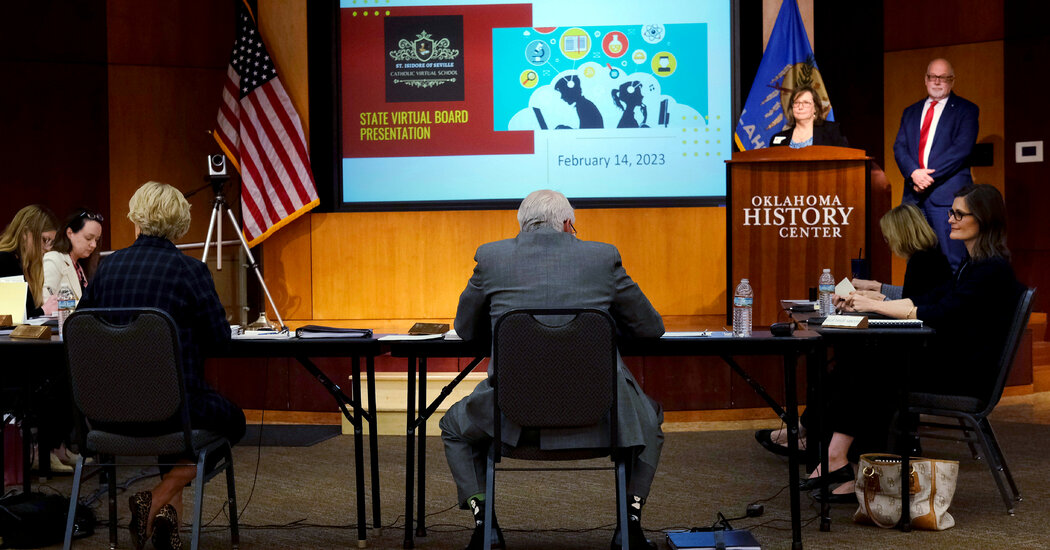Upcoming Supreme Court Cases on Religious Liberty
It has been nearly three years since the Supreme Court last engaged in oral arguments regarding a case centered on one of the critical religion clauses embedded in the First Amendment. This extended pause is notable, particularly in light of the court’s previous dedication, under Chief Justice John G. Roberts Jr., to enhancing the role of faith within public life.
However, the silence is about to break. This spring, within the span of just a month, the court will deliberate on three significant cases related to religious liberty. The first case, set to be argued on Monday, examines whether a Catholic charity based in Wisconsin is entitled to a tax exemption. Following this, in April, the court will explore the constitutional status of a Catholic charter school in Oklahoma, as well as the rights of parents in Maryland who wish to withdraw their children from school classes due to religious objections to the curriculum.
Together, these three cases will serve as a litmus test for the court’s assertive interpretation of religious freedom, a principle that has become one of its hallmark commitments over the past decade.
Since the landmark decision in 2012, when the court unanimously concluded that religious organizations are often exempt from employment discrimination laws, the pro-religion stance has triumphed in nearly all but one of the 16 signed decisions regarding cases that touch upon the First Amendment’s prohibitions against government establishment of religion, as well as its protections for the free exercise of religion.
“Religious liberty has significantly gained traction at the Supreme Court since 2012,” remarked Eric Rassbach, a lawyer associated with the Becket Fund for Religious Liberty, which represents the plaintiffs in two of the upcoming cases. “While it may not yet rival the prominence of freedom of speech, it is certainly moving closer to that status.”
Justice Brett M. Kavanaugh has publicly expressed his approval of this trend, sharing his thoughts during a session at Catholic University’s Columbus School of Law last September. When asked to identify some of the overarching themes emerging from the court’s recent religious liberty cases, he stated, “In my view, we have made significant and correct strides in recognizing the constitutional protection of both religious equality and religious liberty.”




